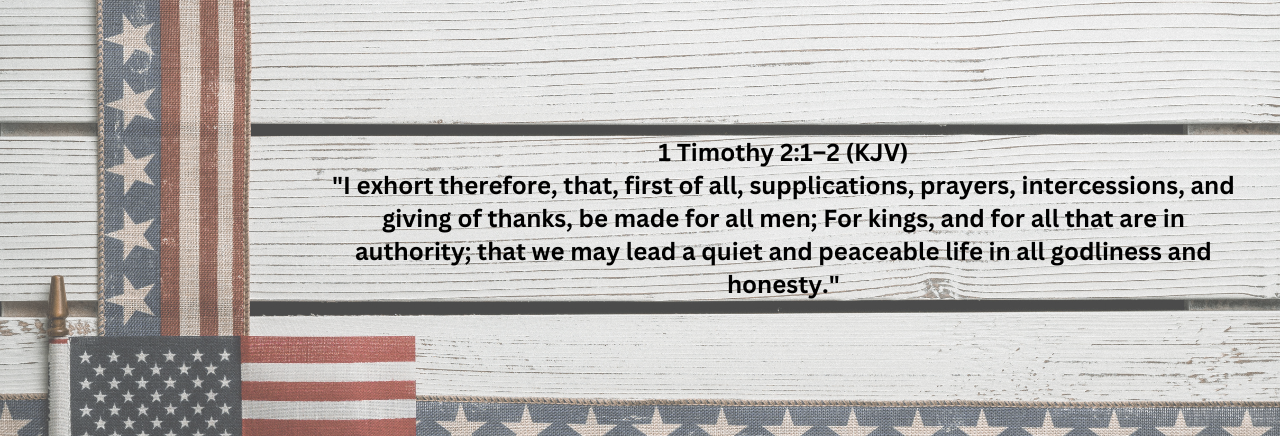
Throughout Scripture, there are countless examples of individuals who waited on God’s promptings or nudges. These stories illustrate how God guides His people and the importance of being attentive to His direction. From Genesis to Revelation, the Bible presents a consistent pattern of God communicating with His people through various means, often in subtle ways that require faith and discernment.
The concept of divine nudges is rooted in biblical teachings about God’s guidance. Proverbs 3:5-6 instructs, “Trust in the Lord with all your heart and lean not on your own understanding; in all your ways submit to him, and he will make your paths straight.” This verse emphasizes the importance of seeking and following God’s direction in all aspects of life.
Jesus promised the guidance of the Holy Spirit to His followers, saying in John 16:13, “But when he, the Spirit of truth, comes, he will guide you into all the truth.” This guidance often comes as gentle promptings rather than audible voices or visible signs.
The Bible provides numerous examples of individuals who experienced and responded to God’s nudges:
- Abraham: Called to leave his homeland for an unknown destination (Genesis 12:1-4). His life was marked by ongoing trust in God’s promises, particularly regarding the birth of Isaac.
- Moses: Spent 40 years in Midian before God called him through the burning bush to lead Israel (Exodus 3).
- David: Anointed as future king but waited years before taking the throne, refusing to seize power by force (1 Samuel 24:6).
- Esther: Fasted for three days before approaching the king to save her people (Esther 4:16).
- Job: Endured suffering while waiting for God to reveal His purposes.
- Simeon: Waited his entire life to see the Messiah, as promised by the Holy Spirit (Luke 2:25-35).
- Anna: Spent decades in the temple, waiting for the redemption of Jerusalem (Luke 2:36-38).
- Paul: Spent three years in Arabia after his conversion, preparing for ministry (Galatians 1:17-18).
- Joseph (Mary’s husband): Waited for divine guidance on whether to divorce Mary quietly (Matthew 1:19-20).
- Noah: Built the ark and waited for the flood, following God’s specific instructions (Genesis 6-7).
- Gideon: Sought confirmation through the fleece before leading Israel into battle (Judges 6:36-40).
- Ruth: Remained faithful to Naomi, leading to her pivotal role in Israel’s history (Book of Ruth).
- Hannah: Prayed year after year for a child (1 Samuel 1).
- Jeremiah: Prophesied for decades, often without seeing immediate results (Book of Jeremiah).
- Daniel: Consistently sought God’s wisdom through prayer and fasting (Book of Daniel).
- Zechariah and Elizabeth: Waited into old age before the birth of John the Baptist (Luke 1).
- Mary Magdalene and other women: Waited at Jesus’ tomb, becoming the first witnesses of the resurrection (Matthew 28, Mark 16, Luke 24, John 20).
- The man at the Pool of Bethesda: Waited 38 years for healing before his encounter with Jesus (John 5:1-15).
- Cornelius: A God-fearing Gentile who waited for further revelation, which came through Peter (Acts 10).
- John the Apostle: Exiled on Patmos, receiving the visions recorded in Revelation.
These examples demonstrate various aspects of waiting on God’s nudges:
- Obedience to unexpected commands (Abraham, Noah)
- Patience through long periods of preparation (Moses, Paul)
- Resisting the temptation to act prematurely (David)
- Seeking God’s guidance in crisis (Esther)
- Perseverance through suffering (Job)
- Lifelong faithfulness and expectation (Simeon, Anna)
- Willingness to step back for clarity (Paul)
- Pausing for confirmation in pressing circumstances (Joseph)
- Following unconventional methods (Joshua at Jericho)
- Finding purpose in daily faithfulness (Ruth)
- Persistent prayer and surrender (Hannah)
- Enduring opposition and rejection (Jeremiah)
- Maintaining spiritual disciplines (Daniel)
- Trusting beyond natural limitations (Zechariah and Elizabeth)
- Remaining faithful in apparent defeat (Women at the tomb)
- Responding to unexpected divine interventions (Man at Bethesda)
- Sincere seeking leading to pivotal encounters (Cornelius)
- Receiving revelations in isolation (John on Patmos)
Scripture teaches the importance of testing perceived nudges. 1 John 4:1 advises, “Dear friends, do not believe every spirit, but test the spirits to see whether they are from God.” This involves comparing any perceived guidance with the clear teachings of Scripture.
Prayer plays a crucial role in discerning God’s nudges. Philippians 4:6-7 instructs believers to present their requests to God, promising His peace in return. The study of Scripture is also vital, as Psalm 119:105 declares, “Your word is a lamp for my feet, a light on my path.”
Waiting on God’s nudges requires faith. Hebrews 11:6 states, “And without faith it is impossible to please God, because anyone who comes to him must believe that he exists and that he rewards those who earnestly seek him.”
The biblical examples and teachings on divine nudges encourage believers to cultivate sensitivity to God’s guidance, respond with faith and obedience, and trust in God’s timing and methods. This approach to spiritual life involves active engagement with God, constant attentiveness to His voice, and a willingness to step out in faith when prompted, even when the path ahead is unclear.




Leave a Reply